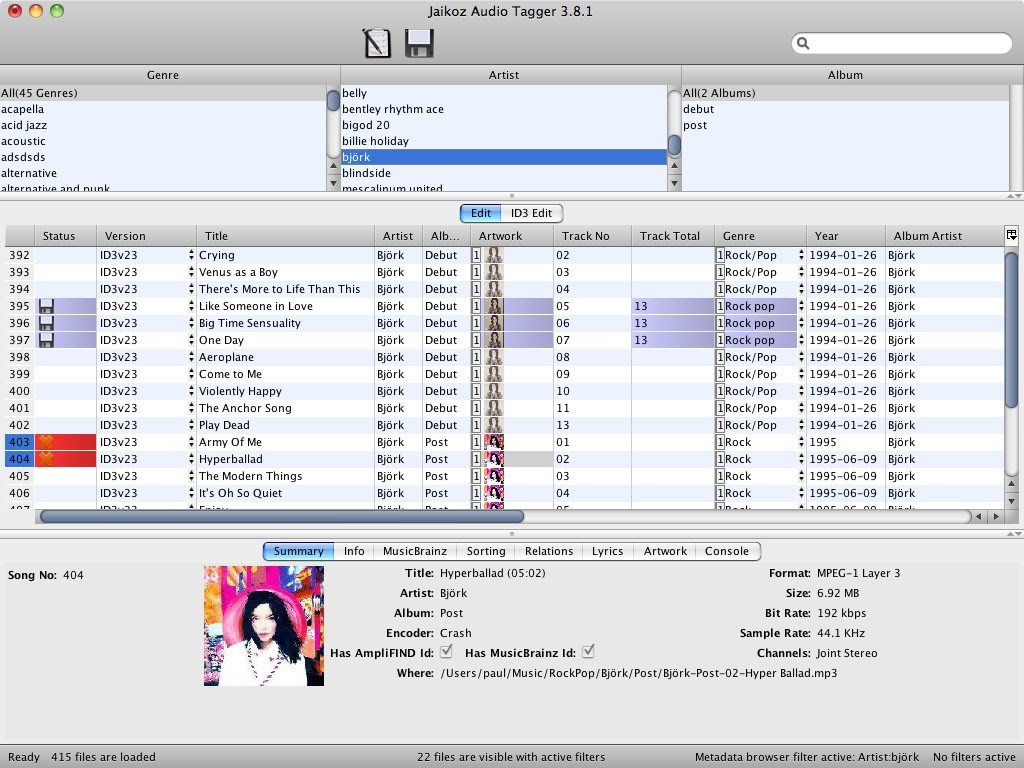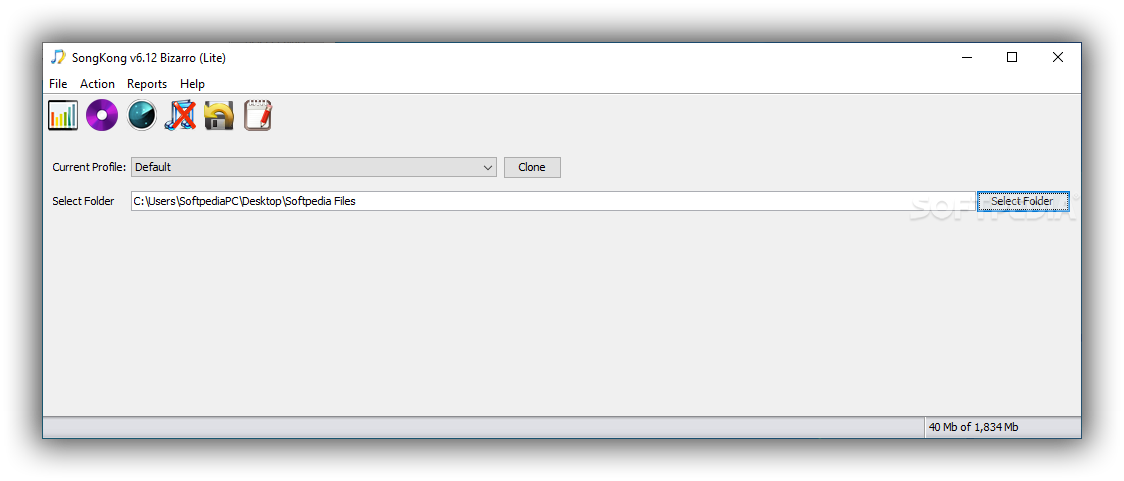
As music listeners gain access to what increasingly feels like every song ever, the notion of a collection of music begins to feel remote. SongKong is an automated tagger for your music collection. For most people I recommend iTunes for artwork and duplicates (and accurate tags taken directly from Gracenote). All I've got to say I'm happy that some people are getting good results, because I certainly did not. He will say I insulted him, but he took my criticism and my request for a refund as a personal attack. The developer will undoubtedly respond to this. Starting fix songs brings up a set of preferences some very technical on which there are no fewer than 11 tabs! This requires reading a lot of documentation.
#Songkong keygen software
Interface: Probably the most complex interface I have ever seen (and I have been using purchased software since 1980).
#Songkong keygen trial
The trial version did not write the changes so I had no way to see if it was working using iTunes. He insulted me for not reading the instructions for his interface (for which see below). Support: While the developer did make suggestions, he ignored my statement that I had followed his suggestions and got the wrong results a second time requiring another restoration of my 70 GB library. Also, the software does not seem to recognize compilations, as the one I had was separated into several different albums (the original ones from which they were extracted) even though the song metadata included the compilation album name as well as the song name. This was so bad that I had to restore my entire (6000 song) library from a backup taking hours to accomplish. Inaccurate: Numerous songs were mistagged and separated from the rest of the album from which they were extracted. Anyway, here is an itemization of my problems:ġ. SongKong also got the composer of that song wrong (primary composer was Adele). Why would anyone forgive a program that takes the first song on that album, "Hello," and identify it as a single release, separating it from the rest of the album. The software mad a huge number of errors, and many were not on obscure albums, e.g. I am simply astounded by the number of positive reviews here as my experience with both the software and the support were very bad.

Matched to MusicBrainz/Discogs sections doesnt show match if Ignore Already Matched set.For ID3 formats Performer Role/Performer not always shown correctly in Song Changes report.

#Songkong keygen install
#Songkong keygen full
Add ability to hide badges from browse section so can see full artwork.Add the various BrowseBy options under a single Browse menu.Add text search to Browse pages to go straight to filter results by artist(s)/album(s)/composer(s)/work(s).Shorten MusicBrainz to MB on browse sections tags so obscures less of image.Improve Style to Grouping data addition.Should ignore track titles of the form Track 1, Track 2 when double checking good title match.Performance:Use Native Sql not Hibernate to generate reports.Add Cover Image size below artwork for BrowseBy sections.Performance:Use ANY query rather than IN query so can reuse more prepared statements.Finding split up tracks from compilation albums re.Identifying unknown songs in iTunes using SongKong.Why does the Artist column in Jaikoz Column Browse.Why do we still call digital music taggers Mp3 Tag.How do iTunes options affect SongKong ?.Development continues for both applications, and typically there are new releases every couple of months. The automatic matching and duplicate deletion provided by both is the same except for minor differences, both support the same audio file formats and both integrate with iTunes. SongKong also provides a command line interface. SongKong also supports finding and deleting duplicates songs. SongKong takes automated tagging further as it can continuously monitor your music folder and correct any new files added to the folder. But to ensure the customer retains control SongKong keeps a full audit of everything modified and allows you to Undo any Changes even after restarting your computer. SongKong actually saves songs as they are matched, this has the advantage that there is no delay at the end saving all songs at once, and if anything goes wrong no matches are lost. Waiting for all songs to be loaded, it works in a pipeline. SongKong starts fixing songs as soon as you start loading them without

With advances in automatic tagging I decided to only provide automated tagging and a simpler more streamlined interface. SongKong was started in 2012, the main objective was to provide a simpler solution than Jaikoz that would work for the majority of people.


 0 kommentar(er)
0 kommentar(er)
